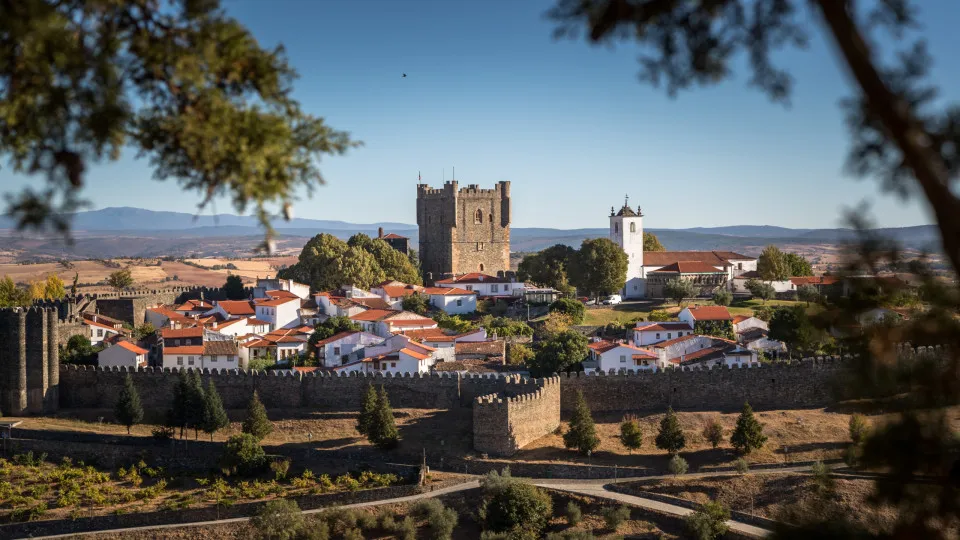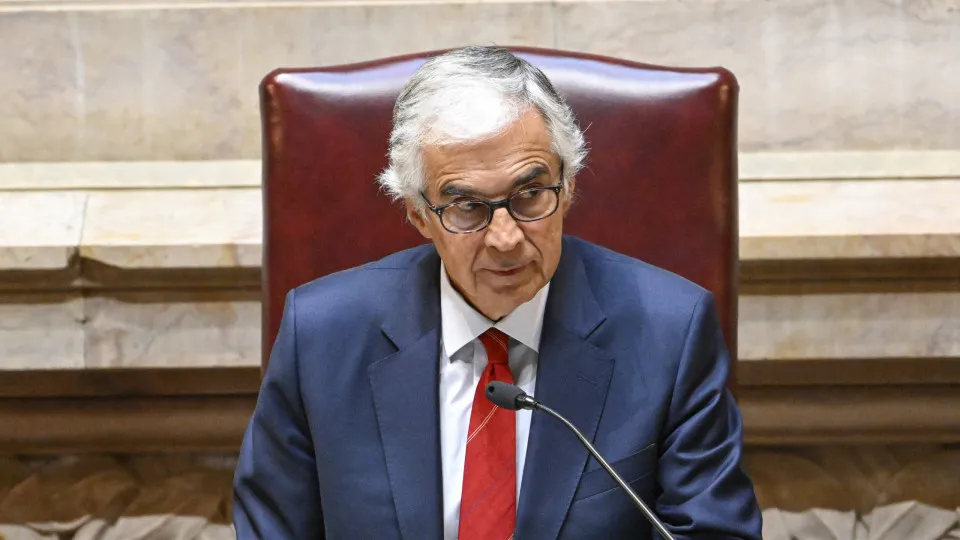
The distance from Portugal’s main centers, once felt acutely by the residents of Bragança, is now reduced with today’s inauguration of the Honorary Consulate of Angola in Bragança.
Processing documents such as passports or Identity Cards no longer requires a journey to Porto, over 200 kilometers away, as these services will now be available at the new facility located within the premises of the Bragança Commercial, Industrial and Services Association (ACISB).
The exact number of Angolans residing in Bragança is unknown, but a survey will be conducted, said the Honorary Consul, António Cunha. He is responsible for the new Honorary Consulate in Bragança, as well as those already operating in Vila Real and Guarda, with another soon to open in Viseu.
Students form the largest group among the more than 200 Angolans living in Bragança, closely following the growth of this community within this interior Portuguese city.
Wilson Correia arrived in Bragança ten years ago at the age of 20 to study at the Polytechnic Institute (IPB), graduating in Environmental Engineering, and chose to stay.
He shared, “In the beginning, it wasn’t easy.” He had various jobs while studying, later working for a logistics company before finding a job in his field in Vimioso.
Upon his arrival, there were “about 20 Angolans” studying at the polytechnic; today, it is “a very strong and large community.”
Wilson was the president of the Angolan Students Association in Bragança, which continues to welcome and support incoming students.
He notes he had “no major adaptation difficulties,” despite the extreme cold of Trás-os-Montes compared to the tropical Angolan heat, stating that “the city was always prepared for this; the houses are equipped with everything.”
The city received him well, and he found “institutional support always existed,” both from local institutions and academically.
The Honorary Consulate is considered “very important” as “most Angolans residing in Bragança are students, and handling documentation often required nearly a full day, traveling to Porto or Lisbon.”
“Having it here significantly reduces the effort, providing support and knowledge, and having someone available for guidance and conversation,” he indicated.
Salomão Ferreira arrived four years ago to study and is now the president of the Angolan Students Association in Bragança, part of the polytechnic known for cultural exchange with over 70 nationalities among students, with the Cape Verdean community being the largest foreign student group at IPB.
“The merit also goes to Bragança, which received us very well, including the teachers, the Polytechnic president, and other institutions,” he stated.
For newcomers, the association provides support, and the president advises those in need to “express distress at the moment.”
Salomão feels integrated in Bragança, emphasizing “the openness found and the contact network the association maintains,” from the polytechnic to the City Hall or police authorities.
“I am an Angolan in Bragança, greatly loved and well-received,” he asserted.
The Honorary Consulate of Angola in Bragança will address the community’s concerns “more swiftly, efficiently, and effectively,” he commented.
In addition to shortening distances for services, the new space will also serve as a gathering point for the community residing in Bragança, according to Ivana Delfina Machado Jorge.
For this Angolan, Bragança differs from other regions in Portugal for being a small city where everyone knows each other, making it easier to find fellow compatriots.
Another advantage she notes is that, due to its size, living in Bragança allows “resolving many issues in a single day,” something not possible for those living in Lisbon or Porto.
Ivana moved from Angola to Bragança, her husband’s hometown, five years ago to work and “provide better education” for her children, who she assures “adapted perfectly.”
“My main strength came from them as each day they shared achievements from school, which encouraged me to appreciate Bragança more,” she recounted.
Ivana initially experienced some “strain” adjusting, missing family, friends, and the lively household typical of African culture, different from what she found in Portugal.
Gradually, she adapted and concluded the cold in Bragança “isn’t so bad.”
“There’s warmth from the people, and we get used to it,” she added.
She feels integrated, works as a supermarket assistant, and tries “to be present for newcomers and provide comfort for those who have been here longer.”
Deepening the relationship between Portuguese and Angolans is also the purpose of this new space, highlighted António Cunha, who aims to be a link for investors between the two countries, stimulate business networks, and promote trade exchanges.
The facility will also serve as a site for spreading Angolan culture.
Attending the opening, the Angolan ambassador to Portugal, Maria de Jesus dos Reis Ferreira, recalled recent remarks by the Angolan President, João Lourenço, regarding integration difficulties due to legislation.
“The Portuguese in Angola do not encounter the same difficulty,” she stated, calling for “reciprocity” and the creation of mechanisms to ease the integration of Angolan citizens in Portugal.




